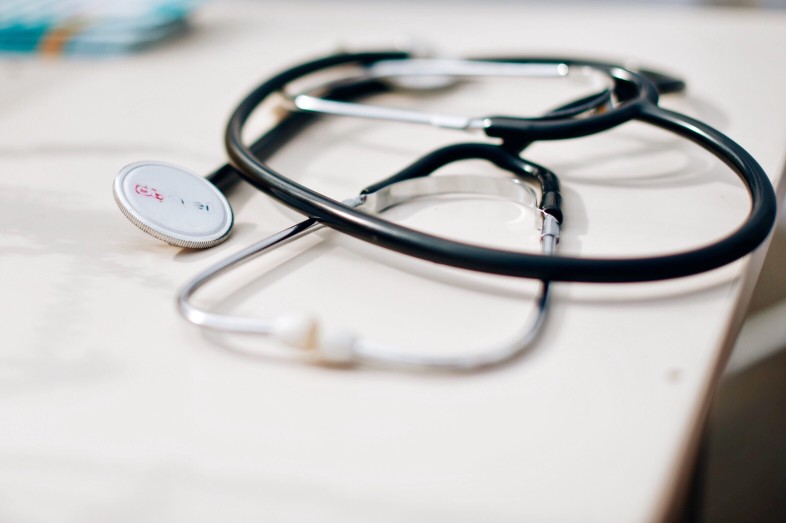Did you know that refusing medical treatment can negatively impact your injury claim? Refusing treatment could cause you to receive increased damages, a longer recovery period, or lower compensation. Listed below are some of the consequences of refusing medical treatment. The most obvious is decreased compensation. The second impact is far more complex but may not be as obvious.
Negative Impact
Refusing to see a doctor can have a number of consequences. If you are unable to speak or respond to medical staff, you may be denied medical treatment. First responders often attempt to provide emergency medical treatment to unconscious victims. Your refusal to receive this treatment could hamper your ability to prove your injuries. If you refuse to seek medical treatment, your insurance company could decide that you didn’t sustain any injuries.
Increased damages
Refusing medical treatment may seem counterintuitive to many people. You should see a doctor immediately after you have been injured. Some people will refuse treatment due to their religious beliefs or deeply held personal beliefs. Refusing medical treatment can lead to a lower claim and higher costs. To avoid this problem, be sure to follow the instructions carefully.
Longer recovery times
If your injuries take longer than expected to manifest, refusing medical treatment will reduce your claim value. If you don’t seek treatment immediately after an accident, your insurance company will argue that you were not injured. You should talk to your doctor and your attorney about your treatment options if you don’t see one immediately after an accident. Both of them will determine how your decision affects your claim.
Refusing to seek medical treatment and diagnosis will increase your damages as well as the cost for missed work. Further, the delay may cause your injury claim to be more complex. If you’re seeking compensation for lost wages and medical bills, you must wait until you’ve reached maximum medical improvement (MMI). Your insurer may use a modified comparative negligence law to reduce damages if you don’t seek treatment.
Lower compensation
Auto accident injuries may not be properly diagnosed or treated. However, refusing treatment will not only affect your claim, but can cause further damage and delay your recovery. Refusing to receive medical treatment can also impact the viability and value of your personal injury case. If you decide to refuse medical treatment, the defense may use your refusal to reduce the value of your claim. To maximize your financial recovery, you should consult an attorney if you are involved in such a case.

In high-value-injury cases, refusing treatment can delay your check and make your case more complicated. The defendant can use expert testimony to reduce the compensation amount. This could result in you spending more time and money than you expected. If you decide to refuse treatment, you should consult with your attorney and discuss your options with your physician. Your attorney can help you assess the impact of your decision on your case.
If you refuse medical treatment after an accident, the insurance company may deny your claim or settle for less than you deserve. A simple way to resolve this situation is to seek medical treatment as soon as possible. It is important to visit a doctor or other medical professional if you are unable to walk or drive, as adrenaline may make you do the wrong thing. Refusing to receive initial medical treatment does not reduce your compensation. However, it may lower the amount that you are paid.
In addition to compromising your health and the quality of your healing, refusing medical treatment could negatively impact your case. First responders may attempt emergency medical treatment if the victim is not responsive. Refusing to seek medical treatment may also hurt your claim if you fail to provide proof of your medical expenses. Moreover, refusing to undergo elective surgery may weaken your claim. If you’re unsure of your legal rights, contact an experienced injury lawyer to discuss your case.
Reasons to refuse medical treatment
Refusing to seek medical attention right away after a car accident can have a negative impact on your claim. First of all, if you are unresponsive when you are rushed to the hospital, emergency personnel may attempt to administer emergency medical treatment. If you are not responsive when you are rushed to the hospital, refusing to receive treatment can delay the diagnosis of your injuries and reduce the value of your injury claim. Your refusal to receive treatment may also be due to your personal beliefs or religious convictions.
Another reason to refuse medical treatment is if you don’t agree with the treatment plan. Perhaps you heard the doctor explaining how great it is for you to get better and you simply cannot do it. In either case, it is your right to refuse treatment. This is legal in New Jersey. Under the law, medical professionals cannot treat you without your informed consent. Talk to your doctor about your options and look into alternative treatments.
If you believe your employer or insurance company has refused to provide medical care, you can still file a medical malpractice claim. Often, an employer’s decision to reject medical treatment is based on the belief that you are noncompliant or have abandoned your medical treatment. Moreover, you should request a written explanation from the insurance company. Many rejections are due to misunderstandings, delays in receiving the information, incorrect or incomplete information, and other reasons. Fortunately, these problems can usually be resolved by communicating with your insurance company and asking for a conference with an administrative law judge.
The insurance carrier can appeal a judge’s decision not to provide treatment. If you refuse to seek treatment for an injury sustained while working for your employer, this could happen. Your lawyer will need to prove that your refusal was justified in such cases. The insurance company can then apply for a hearing at the workers’ compensation commission. This can lead to denials of benefits.
